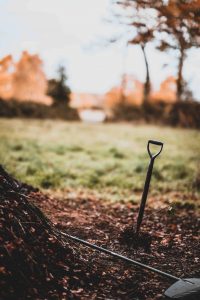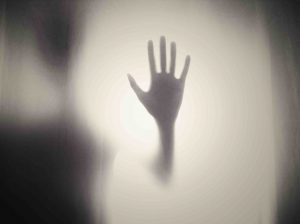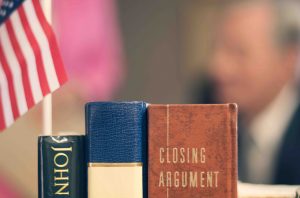 As evidence mounts against the parents of AJ Freund, the media frenzy around the case casts a shadow over the possibility that the Freunds will get a fair trial. According to police, the boy’s father Drew Freund told police that he “beat” the boy and administered cold showers as punishment. The police also indicated the father led investigators to the boy’s body in a remote location in Woodstock.
As evidence mounts against the parents of AJ Freund, the media frenzy around the case casts a shadow over the possibility that the Freunds will get a fair trial. According to police, the boy’s father Drew Freund told police that he “beat” the boy and administered cold showers as punishment. The police also indicated the father led investigators to the boy’s body in a remote location in Woodstock.
Physical evidence against the father continues to pile up. This includes a shovel, soil samples linking the shovel to the burial site, muddy shoes that could link the father to the burial site, and a search he performed on his phone concerning how to perform CPR on a child.
Police Have Begun Trying This Case in the Press
 Chicago Criminal Lawyer Blog
Chicago Criminal Lawyer Blog






